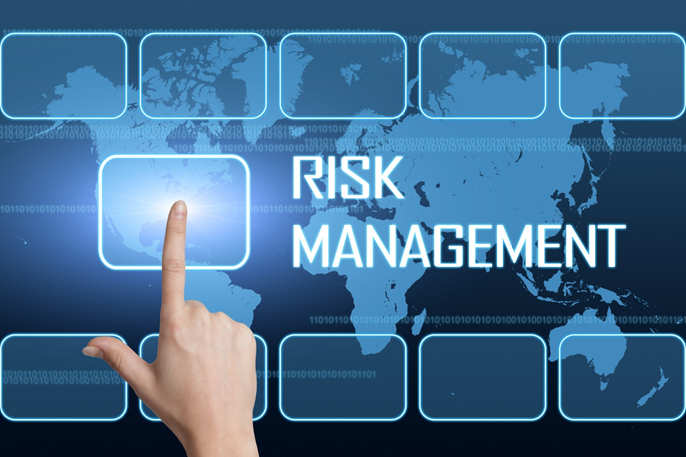Are you starting to feel an itch to jump into the fray and capitalize on the recent COVID-19 worries? After all, big profits await the brave and the bold, right? Not so fast!
Standing on a chair and shouting about opening up your business despite the social distancing protocols is not a great idea. In fact, it’s downright unwise.
Keep reading to learn more about risk management and how to improve your approach to your business. Let’s get started!
Manage Your Finances
There are a few things you can do to improve risk management in your small business. One is to manage your finances more carefully. This includes tracking expenses and income, keeping good records, and creating a budget.
You should also be aware of the risks associated with your business, such as legal risks, credit risks, and reputational risks. You also need to put together a smart management plan that includes ways to mitigate these risks.
Identify Your Priorities
As a small business owner, what are the things that matter the most in your business? What can you not afford to lose? Once you have identified these things, you can begin to put together a plan to protect them.
This may include insurance, security measures, and other steps to minimize the risks to your business. By taking the time to identify your priorities, you can help ensure the longevity and success of your small business.
Create a Risk Management Plan
One of the best risk management strategies is to create a clear and concise plan. This plan should include a few key elements like the risks you’re facing, how to eliminate those risks, and what you’ll do if a risk does materialize.
By staying on top of these risks, you can ensure that your small business is as prepared as possible for any potential challenges.
Implement Your Plan
Implementing your plan means that you need to have a place for how you will deal with risks. This plan should include what you will do in the event of a problem and how you will prevent problems from happening in the first place.
By doing this, you can catch any problems that may have arisen and make sure that your plan is still the best way to deal with risks in your business.
Educate Your Employees
Educate your employees on the importance of risk management and what it entails. Develop policies and procedures to identify and mitigate risks.
Also, you need to conduct regular risk assessments to identify potential risks and develop plans to address them. Additionally, you must implement controls to reduce or eliminate risks.
Diversify Your Customer Base
This means expanding the number of customers that the business has. Increasing the variety of products and services that the business provides is also important.
By doing this, small businesses can reduce their reliance on any one customer or group of customers and reduce their exposure to potential risks. You should also make sure to file a UCC3 continuation to further protect your business from any risks.
Improve Your Risk Management Today
Overall, small businesses can improve their risk management by taking a proactive and collaborative approach. By being aware of these problems, small businesses can protect themselves from potentially devastating consequences.
So, what are you waiting for? Get started today!
Did you find this article helpful? Check out the rest of our blog now!











